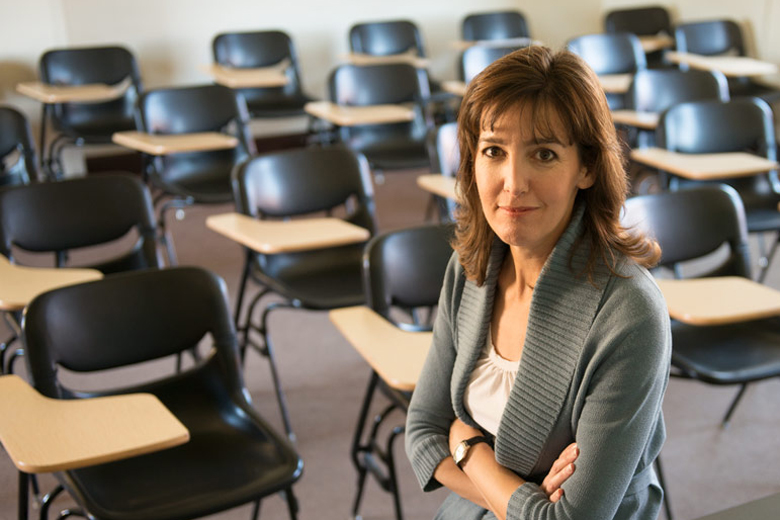K-12 Education
Top Stories

Textbooks inaccurately present science on climate change as uncertain and doubtful, Stanford research shows
Stanford research shows that some California science textbooks by major publishers portray climate change as a debate over different opinions rather than as scientific fact.

Stanford, other institutions to offer new 'Coalition Application'
The coalition's goal is to recast the admission process, broaden access and encourage a "college-going mindset" for all students beginning their freshman year in high school.

Stanford scholar suggests ways to craft more effective homework assignments
Stanford education expert Denise Pope says that the quality of a homework assignment can have a significant impact on student achievement and health.

Stanford study indicates school meals may expose children to unsafe levels of BPA
Researcher finds that school meals can contain unsafe levels of a toxic chemical, putting low-income students particularly at risk.

Stanford research shows how to improve students' critical thinking about scientific evidence
Physicists at Stanford and the University of British Columbia have found that encouraging students to repeatedly make decisions about data collected during introductory lab courses improves their critical thinking skills.

Stanford students create apps to tackle learning challenges
Students in the Learning, Design, and Technology program at the Graduate School of Education analyze learning problems and then design solutions in yearlong master's projects.

Stanford neuroscience research identifies more effective way to teach abstract math concepts to children
A new study shows that students who use symmetry to learn about numbers tap into critical brain circuits.

Stanford study on brain waves shows how different teaching methods affect reading development
Stanford Professor Bruce McCandliss found that beginning readers who focus on letter-sound relationships, or phonics, increase activity in the area of their brains best wired for reading.

Stanford scholars issue plan to reduce poverty
A new Stanford report describes how poverty can be permanently reduced in the Golden State. Billed as the Equal Opportunity Plan, this approach focuses on creating equal opportunities for children at the most critical points in their lives.

Stanford researchers use diverse, global discussion groups to boost online learning experience for participants
New Talkabout video discussions designed by Stanford researchers can connect diverse groups of learners across the globe and improve class performance.

Share This Story